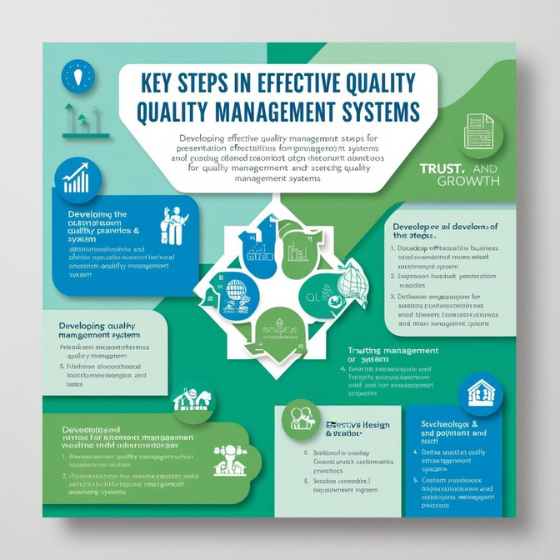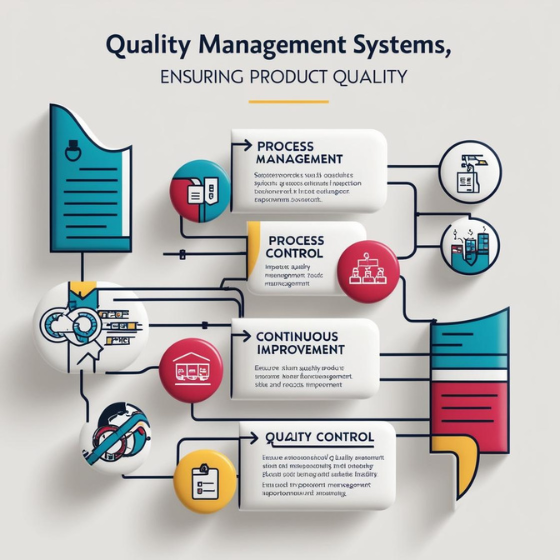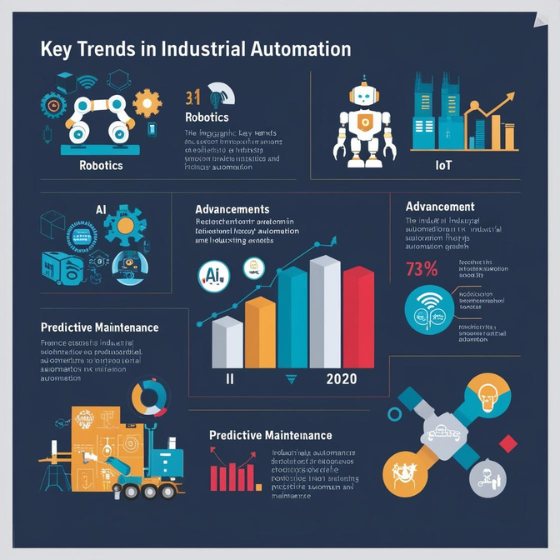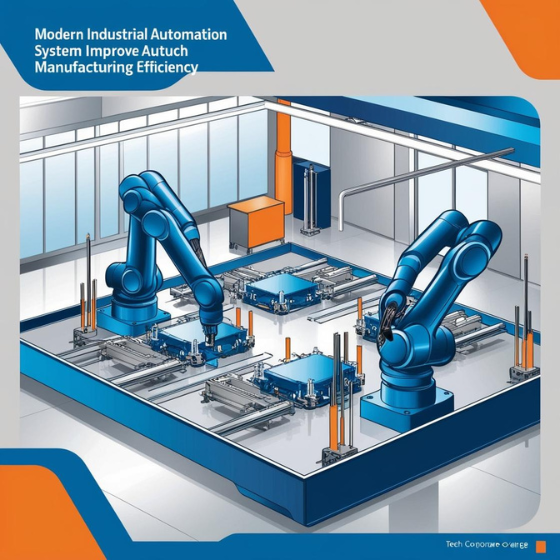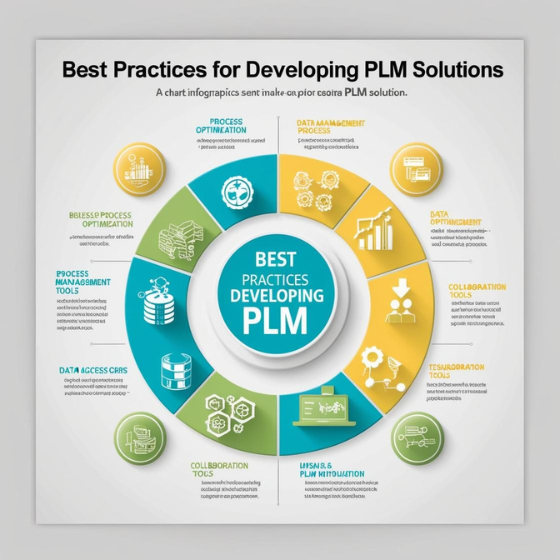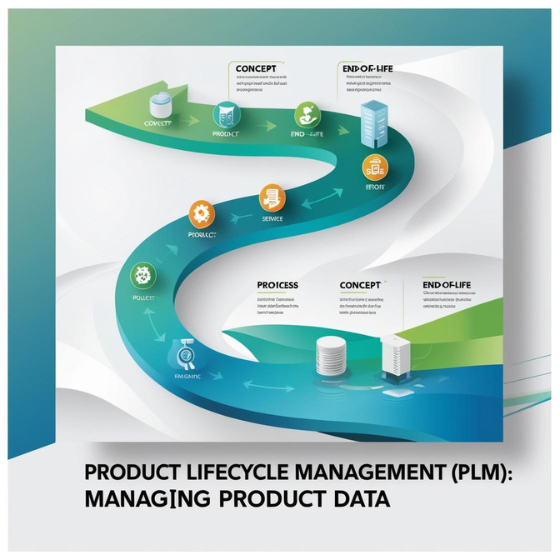Manufacturing Execution Systems (MES): Enhancing Productivity
Introduction
Did you know that companies using Manufacturing Execution Systems (MES) report a 30% increase in overall operational efficiency? In today’s fast-paced industrial landscape, staying competitive requires more than just efficient production—it demands real-time insights, automation, and seamless coordination between shop floor activities and enterprise-level goals.
This blog explores how Manufacturing Execution Systems (MES) are revolutionizing manufacturing processes, enhancing productivity, and paving the way for Industry 4.0. Whether you’re managing a small production line or a large-scale manufacturing facility, understanding MES can transform your operations and drive unparalleled growth.
What Are Manufacturing Execution Systems (MES)?
Defining MES
Manufacturing Execution Systems (MES) are software solutions that monitor, track, and control manufacturing processes in real-time. They bridge the gap between Enterprise Resource Planning (ERP) systems and the shop floor, ensuring that production operations align with business objectives.
Core Functions of MES
- Production Scheduling: Optimizes work orders and ensures efficient resource allocation.
- Quality Control: Tracks defects and ensures compliance with quality standards.
- Performance Monitoring: Measures machine efficiency and worker productivity in real-time.
- Traceability: Tracks raw materials and finished products across the supply chain.
Benefits of Implementing MES
1. Real-Time Data Insights
MES provides manufacturers with real-time data to monitor production performance, identify bottlenecks, and make informed decisions quickly.
Example: A food processing plant used MES to reduce machine downtime by 20% through predictive maintenance alerts.
2. Enhanced Productivity
By automating repetitive tasks and optimizing workflows, MES significantly boosts productivity. Workers can focus on high-value activities instead of manual data entry.
Pro Tip: Use MES dashboards to visualize key performance indicators (KPIs) and identify areas for improvement.
3. Improved Quality Control
MES ensures adherence to quality standards by integrating inspection checkpoints into the production process. This reduces waste and enhances customer satisfaction.
4. Seamless Integration
Modern MES solutions integrate seamlessly with existing ERP and IoT systems, creating a unified digital ecosystem for manufacturers.
5. Better Compliance and Traceability
With MES, manufacturers can easily track compliance with industry regulations and maintain detailed records for audits.
How MES Enhances Productivity
1. Optimizing Production Scheduling
MES uses advanced algorithms to allocate resources and schedule tasks effectively. This minimizes idle time and ensures on-time delivery.
Case Study: A pharmaceutical manufacturer improved production cycle times by 15% by leveraging MES for dynamic scheduling.
2. Reducing Downtime
Real-time monitoring tools in MES detect potential equipment failures early, allowing manufacturers to schedule maintenance proactively.
3. Streamlining Communication
MES fosters better communication between departments, reducing delays and improving coordination across teams.
4. Automating Workflows
From inventory management to order fulfillment, MES automates repetitive tasks, enabling workers to focus on strategic objectives.
Challenges in Implementing MES
1. High Initial Costs
Deploying MES solutions can be expensive, especially for small and medium-sized manufacturers.
2. Complexity of Integration
Integrating MES with legacy systems or ERP platforms requires careful planning and expertise.
3. Resistance to Change
Employees may resist adopting new technologies without proper training and change management strategies.
Solution: Partner with experienced MES solution providers, like Sodio, to ensure a smooth implementation process.
Future Trends in MES
1. AI-Powered MES
Artificial Intelligence is transforming MES by enabling predictive analytics, machine learning, and intelligent decision-making.
2. IoT and Edge Computing Integration
IoT devices and edge computing allow MES to process data closer to the source, reducing latency and improving real-time decision-making.
3. Cloud-Based MES Solutions
Cloud technology makes MES solutions more accessible, scalable, and cost-effective for manufacturers of all sizes.
4. Sustainability Metrics
As sustainability becomes a priority, MES solutions are integrating tools to track and reduce energy consumption and waste.
Best Practices for MES Implementation
- Conduct a Needs Assessment: Identify specific pain points and goals to choose the right MES solution.
- Ensure Stakeholder Involvement: Engage employees and management early to ensure buy-in and smooth adoption.
- Focus on Scalability: Choose an MES solution that supports future growth and evolving technologies.
- Partner with Experts: Work with reliable MES solution providers to ensure a seamless implementation process.
Conclusion
Manufacturing Execution Systems (MES) are indispensable for manufacturers seeking to optimize processes, improve quality, and enhance productivity. By providing real-time insights, automating workflows, and enabling seamless integration, MES transforms the way manufacturers operate in today’s dynamic landscape.
Take the first step toward modernizing your operations by partnering with Sodio for tailored MES solutions. Let us help you achieve unparalleled efficiency and success in your manufacturing journey.
Ready to elevate your manufacturing processes? Contact Sodio to learn more about our MES development services.

